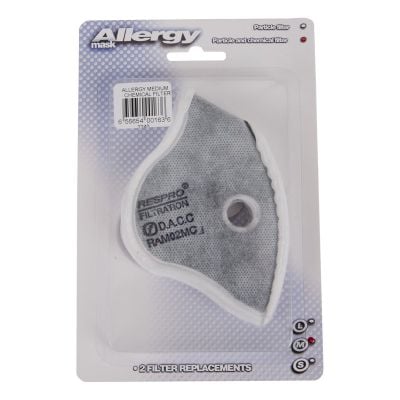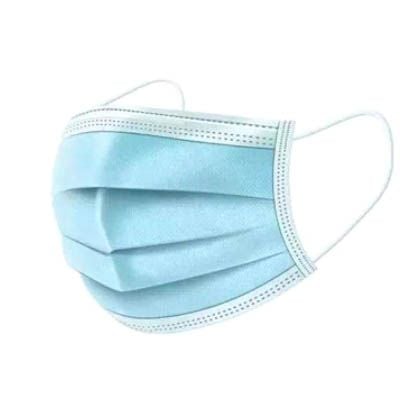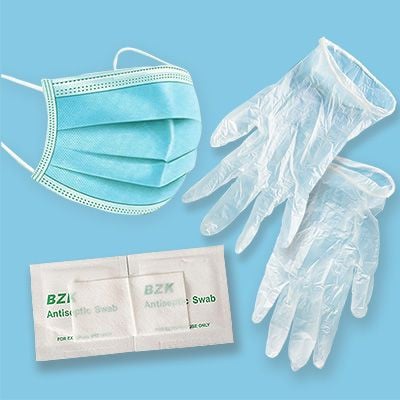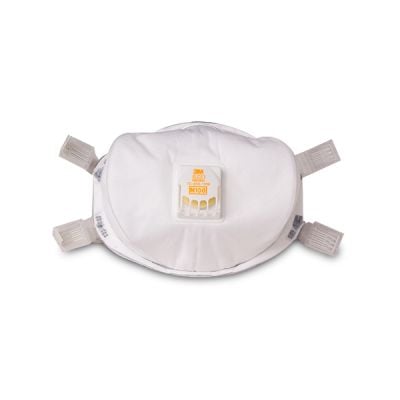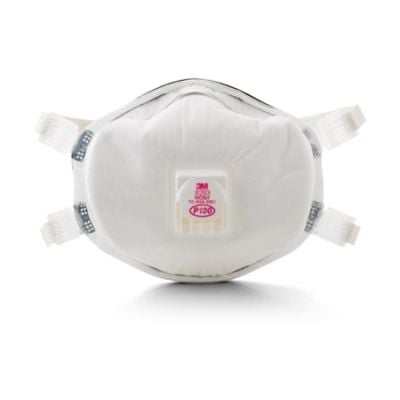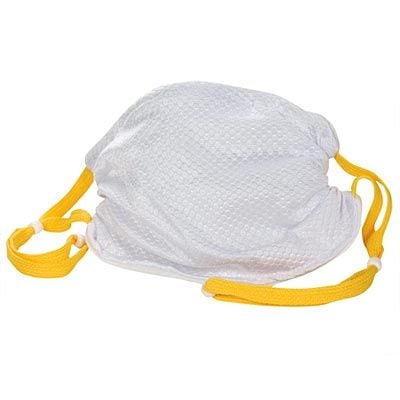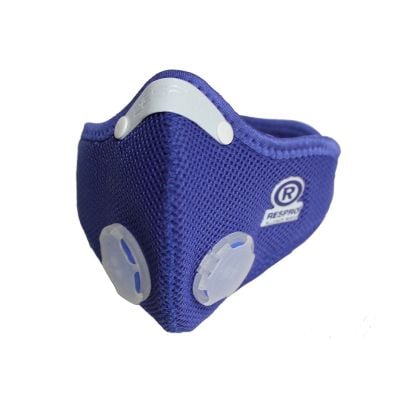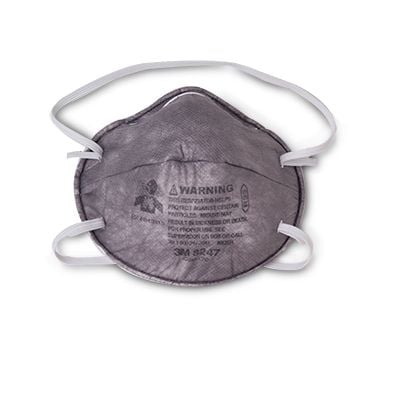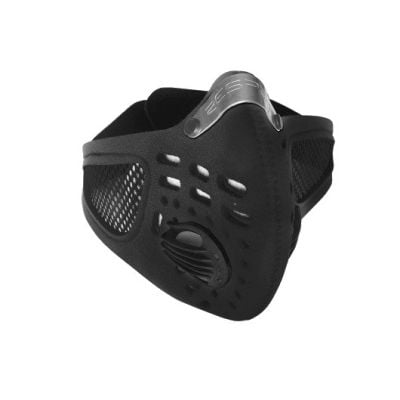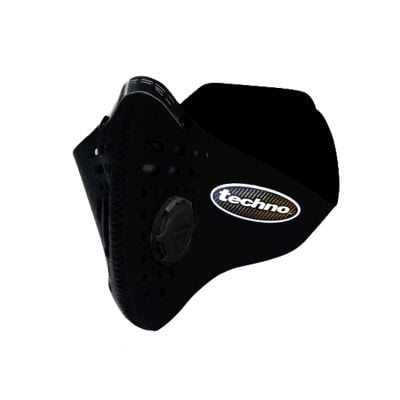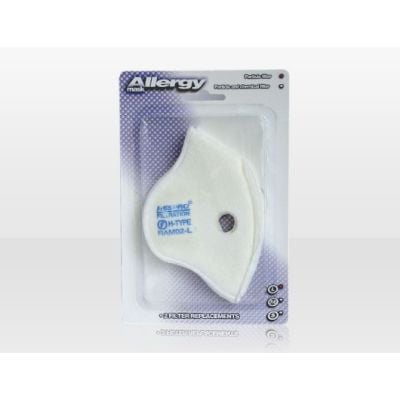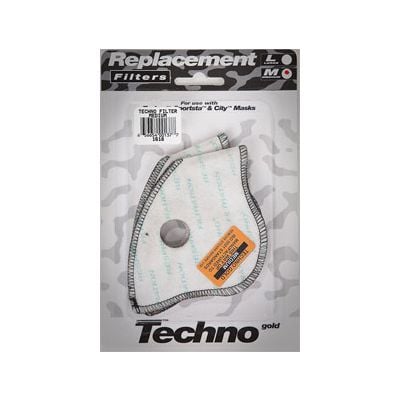Masks
If you suffer from allergies, asthma, MCS, or COPD, you probably already know the breathing benefits of allergy masks. A mask acts like a barrier, and it can even block certain particles in the air. Year-round, these particles include allergens, pollutants, and germs. However, masks are especially useful during winter to help protect against cold and flu viruses as well. Not only do these masks protect you from other germs, but they can also help protect others against your germs too. Allergy masks act like a barrier to keep harmful contaminants like pollen, dust, dander, and more from entering your nose, mouth, and lungs. A mask can also help reduce asthma and MCS symptoms. Here are a few specific examples of when a filtered dust mask may help improve your breathing or provide protection:
You should always wear a hypoallergenic face mask if you need to clean mold, garbage, or anything that may seem toxic.
Those commuting via trains, planes, subways, bicycles, and walking should consider wearing an allergy face mask respirator to protect their lungs against urban air pollution and fumes.
The CDC recommends KN95 (or equivalent) rated masks or respirators to curb the spread of the flu virus and other communicable diseases, including the deadly Coronavirus.
If you have asthma and enjoy being outside in colder temperatures, a cold weather allergy mask is an ideal choice and is designed for winter and outdoor uses.
-
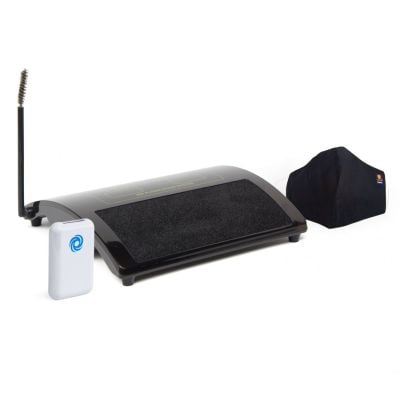 Wein Pandemic Air Purifier and Mask Protective Kitby WeinSpecial Price $419.00 Regular Price $497.00
Wein Pandemic Air Purifier and Mask Protective Kitby WeinSpecial Price $419.00 Regular Price $497.00 -
 3M 6001 Organic Vapor Cartridges for Reusable Respirators 1-Pairby 3MSpecial Price $12.99 Regular Price $17.99
3M 6001 Organic Vapor Cartridges for Reusable Respirators 1-Pairby 3MSpecial Price $12.99 Regular Price $17.99 -

-
